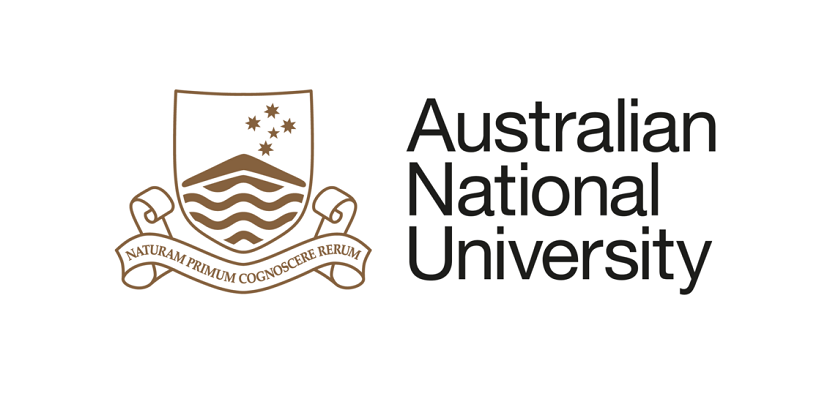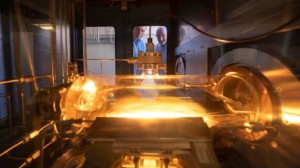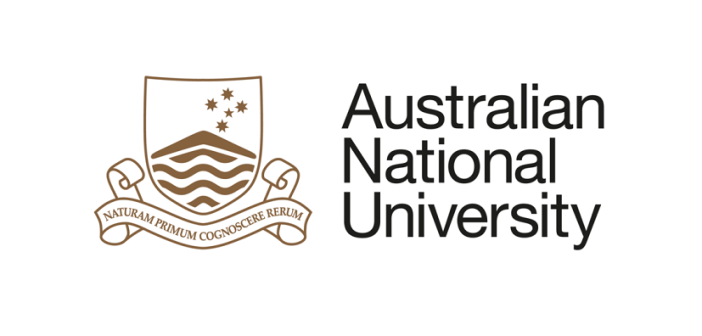
 Monitoring systems for safer driving, moving holograms on your phone and super-fast, light-based WiFi are a step closer thanks to $34.9 million in Australian Government funding made to The Australian National University (ANU).
Monitoring systems for safer driving, moving holograms on your phone and super-fast, light-based WiFi are a step closer thanks to $34.9 million in Australian Government funding made to The Australian National University (ANU).
Announced by Minister for Education the Hon Dan Tehan MP, the Australian Research Council (ARC) Centre of Excellence for Transformative Meta-Optical Systems will be led by ANU Professor Dragomir Neshev.
The centre will research the interaction of light with nano-materials – tech that is often thinner than a human hair.
Professor Neshev said the new centre would drive research to develop smart and miniaturised optical devices that link the digital and physical worlds through light.
“This work will make Australia a leader in the optical technologies for the fourth industrial revolution and improve all our lives,” Professor Neshev said.
“We will help create optical systems that empower autonomous vehicles, artificial intelligence, augmented reality, wearable sensors and remote sensing.
“The centre will help develop real-time monitoring systems for driver fatigue to keep people safe on our roads. It will lead to smaller, smarter, faster and cheaper wearable optical sensors to better monitor our health.
“It will also produce holographic displays and augmented reality for more immersive and powerful education in our classrooms, and laser tech that makes autonomous vehicles better at predicting and avoiding hazards.
“And it will underpin light-based WiFi – which is a thousand times faster than current technologies – to be used in our mobile phones and laptops.”
ANU Provost Professor Mike Calford thanked the Government and Minister Tehan for the significant funding, saying the new centre would help boost Australia’s economy.
“This research centre will help revolutionise how light is used in ways that can have significant impacts for everyday Australians.
“This includes less invasive medical diagnostic tools that scatter light through the body to detect disease.
“This revolutionary new centre will help strengthen Australia’s very own knowledge economy – setting up a global epicentre for light-based research and development that will develop the products of tomorrow, today.
“Currently, light underpins industry worth approximately $1,000 billion to the world economy.
“This transformational leap will make Australia’s economy stronger, enrich daily lives and create a safer environment that cannot be achieved with today’s technology.”
The ARC Centre of Excellence for Transformative Meta-Optical Systems will be led by ANU and partner with the University of Melbourne, the University of Technology Sydney, RMIT University, and the University of Western Australia, as well as industry and universities across six other countries.






